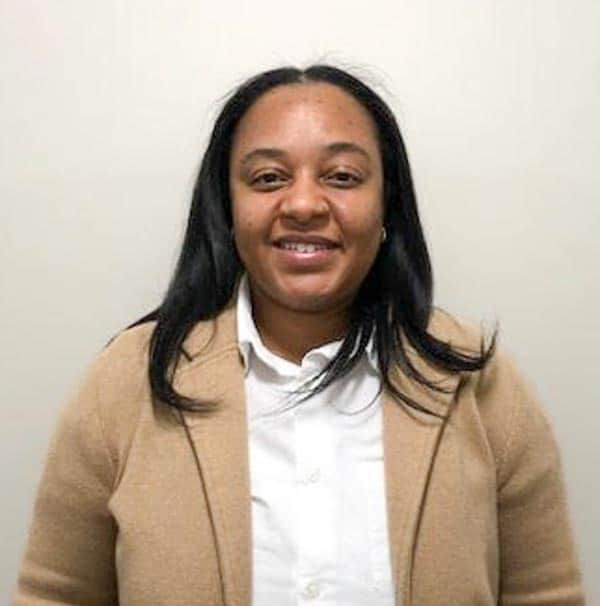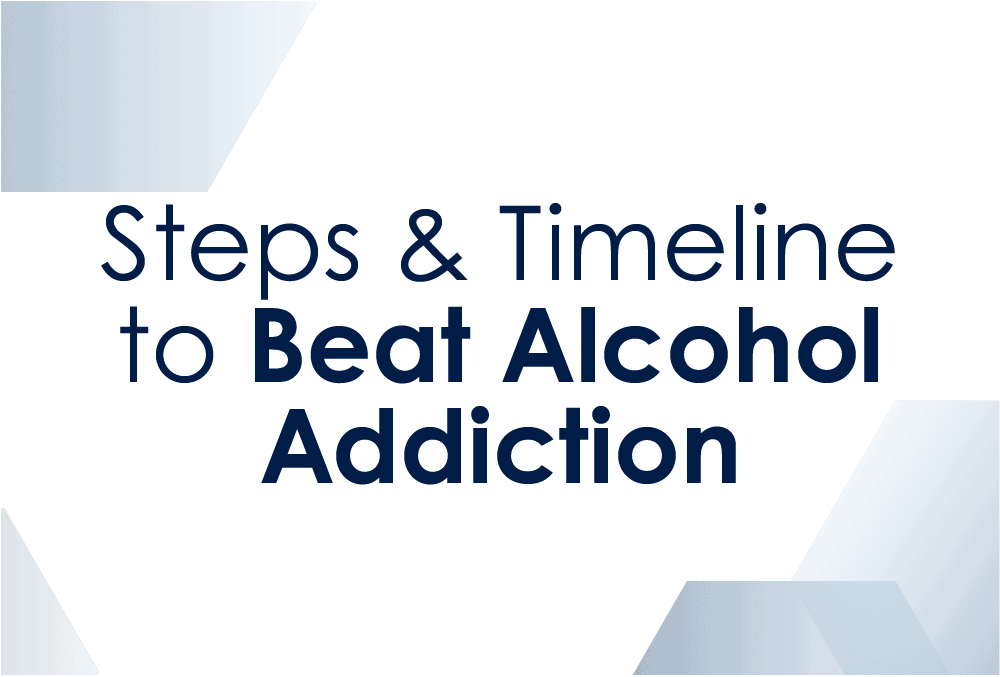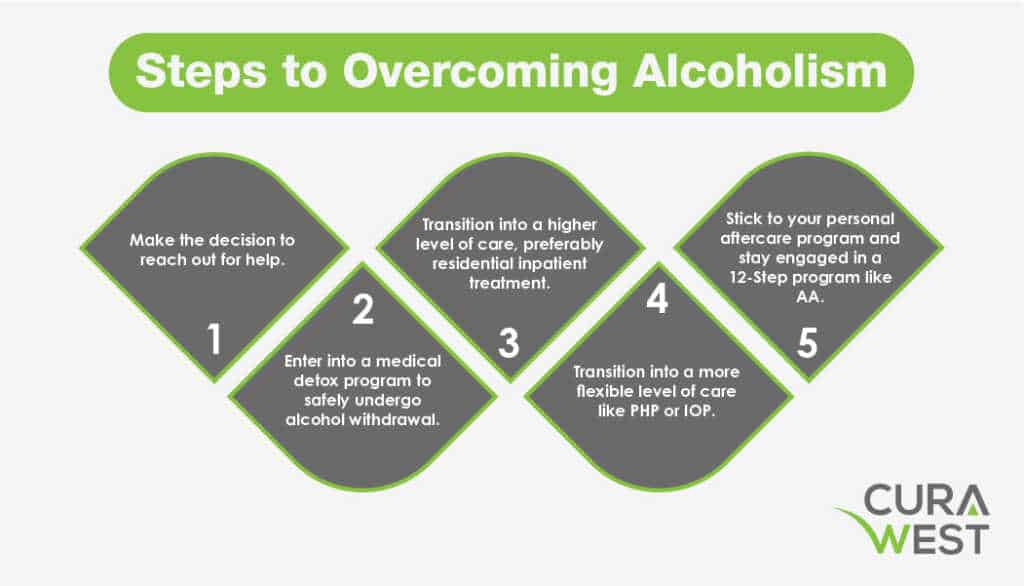Alcohol Addiction Recovery
Overcome Alcoholism
Overcome Alcoholism
Alcoholism is a complex condition, one which affects millions of Americans of all ages and demographics on an annual basis. According to the 2019 National Survey on Drug Use and Health, 85.6 of people over the age of 18 have consumed alcohol at least once in their lives. The National Institute of Alcohol Abuse and Alcoholism reports 14.5 million people over the age of 12 struggled with a diagnosable alcohol use disorder (AUD) during 2019, though only 7.2 percent of these individuals sought alcohol addiction treatment of any kind. If you have been struggling with an alcohol use disorder, it is important to understand how difficult it can be to get better without professional help. Beating alcohol addiction is no small feat. Many people attempt to overcome alcohol use disorders of all severities, but unless they seek treatment in some capacity they have very little chance of maintaining long-term sobriety. At CuraWest we provide people of all ages and personal backgrounds with a safe and comfortable alcohol withdrawal, while actively preparing them to take the next appropriate step in their personal recovery journeys. If you would like to learn more about how to overcome alcohol addiction and regain control of your life, contact us today.
Step One: Alcohol Detox – Days 1-7
If you have been struggling with an alcohol use disorder of any severity, medical detox comes as a recommended first step. The symptoms associated with alcohol withdrawal can be severe — even life-threatening — when they are left untreated. Alcohol detox typically lasts for anywhere between one and 7 days depending on the severity of the alcohol use disorder, the presence of pre-existing conditions and whether or not any other substances were being used simultaneously. The alcohol withdrawal process can be broken down into three distinct stages. For more information on any one of these stages or on how to speed the process along, contact us today.
Alcohol Withdrawal Stage 1: 6 to 12 hours
During the initial stage of the withdrawal process, physical and psychological symptoms begin to take hold — though they are typically not severe. Symptoms might include stomach cramping, anxiety, nausea and restlessness.
Alcohol Withdrawal Stage 2: 12 to 48 hours
Alcohol withdrawal symptoms peak in severity between 12 and 48 hours after the final drink. The symptoms associated with this stage of the alcohol withdrawal process include:
- Severe stomach cramping.
- Nausea, vomiting and diarrhea.
- Muscle aches and pains.
- Severe anxiety and panic attacks.
- Depressed mood and suicidal ideation.
- Insomnia, nightmares and other sleep-related issues.
- Mood swings.
- Agitation and irritability.
- Body tremors and uncontrollable shaking.
The level of clinical care you choose once medical detox concludes will depend heavily on the severity of the alcohol use disorder. Alcoholism is a progressive condition and it occurs in several distinct stages. The later you catch an alcohol use disorder the more intensive continuum of care you will require.
- Profuse sweating/night sweats.
- Seizures.
Alcohol Withdrawal Stage 3: 48 to 72 hours
During late stage alcohol withdrawal the more severe symptoms begin to subside. Most people experience lingering psychological symptoms, which might include anxiety, depression and cravings for alcohol.
We Are Here For You
Let Us Help You Heal
Our Alcohol detoxification experience is second to none.
Learn how we can help by speaking with one of our Treatment Advisors today.
Step 2: Inpatient Alcoholism Treatment – Days 14-30
Inpatient alcohol addiction treatment is always recommended, and typically lasts for between two weeks and one month (though the length of stay can be adjusted based on need). While in inpatient treatment, a person lives among other sober people and undergoes an intensive program of clinical care. Most inpatient treatment programs provide a combination of psychotherapeutic approaches, holistic treatment options and additional addiction services, geared towards physical, mental and emotional healing.
Step 3: Partial Hospitalization Treatment For Alcohol Use Disorder – Days 30-60
Partial Hospitalization is a small step down from inpatient treatment. Clients undergo a continuation of therapeutic care during the day and return home (or to a sober living house) in the evenings. While engaged in PHP clients continue to hone healthy coping mechanisms and learn to stand on their own two feet. Most PHP programs last for between one or two months, depending on the needs of the individual.
Our Alcohol Detox Services Include
Step 4: Outpatient Alcohol Addiction Treatment – Months 3-6
Outpatient treatment provides significantly more flexibility than inpatient rehab or PHP. Most people opt to stay engaged in an outpatient treatment program for between three and six months as they navigate early recovery and continue developing healthy and self-serving habits. Most IOP programs meet between three and five days a week for several hours each day. People have the opportunity to continue with therapeutic care and offer peer support and encouragement. IOP also adds extra accountability, which can be beneficial during this stage of the recovery process.
Step 5: Alcoholic Anonymous & Aftercare
The biggest mistake people make is assuming a multi-staged program of alcohol addiction treatment will be enough to keep them sober long-term. It is extremely important to develop and stick to a personalized program of aftercare, which often includes regular participation in a 12-Step program like Alcoholics Anonymous.
Choosing an Alcohol Use Disorder Treatment Center
How can you choose the best alcohol use disorder treatment center for you and your unique, personal needs? When choosing a treatment center, we recommend asking yourself the following questions.

Ready To Begin Your Alcohol Detox?
We Offer A Safe & Effective Program
Don’t let Alcohol addiction control your life.
Call us today and let’s get you started on the path to a better you.
- Which level of care am I looking for? If you have not yet undergone alcohol withdrawal in a designated detoxification center, we recommend looking into medical detox options before considering a higher level of care. If you have already been physically stabilized you might be looking for a residential inpatient rehab, or if you require more flexibility from a treatment program, you might benefit from an intensive outpatient or partial hospitalization program.
- Does the treatment center offer a range of addiction treatment services in order to provide me with an integrated approach to recovery? When looking for the best treatment program for you, be sure to look for a combination of therapeutic services and evidence-based holistic modalities. At CuraWest we offer addiction assessments, case management services, medication assisted treatment options, relapse prevention training and aftercare planning services.
- If I am entering into a detox program, will I have access to medication assisted treatment options? When it comes to alcohol withdrawal, certain medications can prove beneficial. The FDA has approved a range of medications used to alleviate the more severe physical and psychological symptoms while reducing the overall duration of the alcohol detox process. Look into whether or not the detox program caters to the unique medical needs of each individual client.
- Does the detox program offer aftercare planning services so I can smoothly transition into the next appropriate level of care? At CuraWest we provide each of our clients with personalized aftercare planning services, preparing them to make a smooth and immediate transition into a higher level of care. Because the period of time immediately following detox can be particularly vulnerable, it is important for clients to know exactly which steps they are going to take next.
- Am I willing to travel for treatment and how am I going to cover the cost of treatment? Are you willing to travel out of state for medical detox, and if you do, will your insurance provider still cover some or all of the costs? Our Treatment Advisors are standing by to help you work through all of the specifics.
Begin Healing Now!
Have A Call With One Of Our Treatment Advisors
Don’t Suffer Any Longer
Begin Your Personal Journey of Recovery
At CuraWest we offer a comprehensive alcohol detox program in Denver, Colorado. Because alcoholism is a chronic condition, symptoms only continue to worsen the longer they are left untreated. In most cases medical detox is an important first step on a multi-phased journey of recovery. In addition to providing our clients with a safe and comfortable alcohol withdrawal we offer a range of addiction services geared towards a smooth transition into the next appropriate level of clinical care. Each of our clients is assigned a case manager who works directly with the clinical team to develop a personalized aftercare plan. We understand how difficult it can be to come to terms with an alcohol abuse disorder and reach out for help, especially when you aren’t sure what to expect. Rest assured from the moment you make initial content we will be available to walk you through every step of the process from start to finish. We have developed an admissions process that is simple, straightforward and can be completed in a short matter or minutes. We offer a free, no obligation insurance benefit check to those in need. Contact us directly through our website or call us today to learn more.

Reviewed for accuracy by:
Jasmine Billups
LPC-S
Jasmine has worked in the mental health field for over 18 years. She earned her B.A. in Psychology with a Minor in Child and Family Relations from North Carolina Central University, and her M.A. in Mental Health Counseling from Argosy University. Jasmine is a Licensed Professional Counselor Supervisor and has specialized in addiction for over 10 years.
























